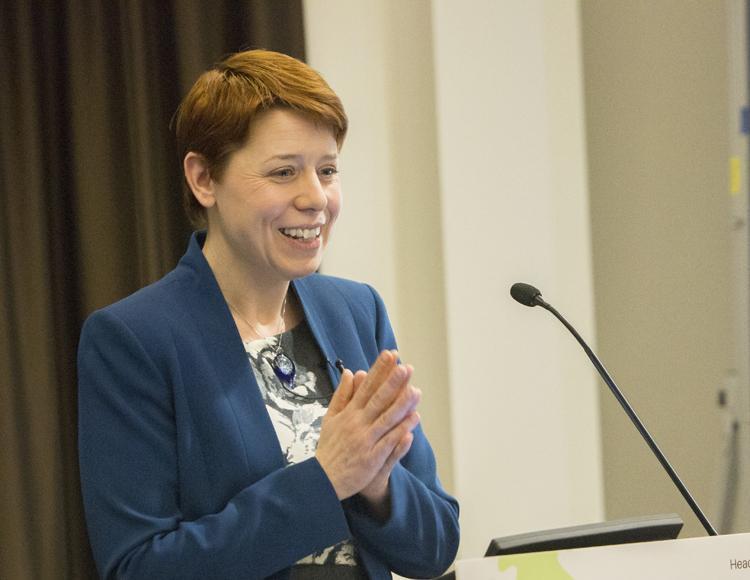Learning to be flexible in a year of change

The reason I took up yoga was to become more flexible – well, that and to gain a blessed rest from the children. I can’t say I’m good at it, but it has taught me a thing or two – increasing flexibility can be uncomfortable, but overall it is worth it.
Discomfort is something many of you are also probably familiar with. There has been precious little comfort this year, whether in terms of celebrity deaths, global political events or economic uncertainty. Our own small world of employment support might seem insignificant in comparison.
However, our world I believe is mirror of a larger picture. We’ve had significant political change, with not one, but three Secretaries of State this year, plus changes of minister in Scotland. Tectonic plates have been moving in the shape of devolution picking up pace (albeit without any clear overall destination), whilst we’ve been as bamboozled as many others by the potential consequences of Brexit.
If there is one thing we can take from 2016 then, it’s that we have to become accustomed to change. For the employment support sector, this means we can’t be just about managing; it means building in a level of flexibility that allows the sector to adapt and to succeed whatever 2017 might bring.
On that topic, one of the highlights of the year for me was the contributions from Paul Johnson, Director of the IFS, and Torsten Bell, Director of the Resolution Foundation, at ERSA’s annual conference. Paul Johnson’s ‘slides of doom’ were delivered with humour whilst making the point that austerity is set to continue and that this is likely to be the worst decade for wage growth since the Napoleonic wars, whilst Torsten explored the ongoing picture of under employment and low wages which sits below our good labour market figures.
Both thought our labour market prospects are not certain, which makes the current Westminster plans to downsize the level of central government contracted specialist employment provision rather incomprehensible, particularly when you realise this is also the case in the area of disability employment – something apparently close to the government’s heart.
On a brighter note, the devolution deals for Scotland, Greater Manchester and London are – in their different ways – set to significantly increase the amount of resources available in those areas. In Scotland, the transition year will be tricky for some, but we are promised much change thereafter. This raises the prospect of rather a postcode lottery of services for jobseekers. To a great extent it was ever thus, but providers will need to be ever more flexible.
Finally, of course, this year, many providers picked up European funded contracts – presumably some of the last of their kind. There is currently no guarantee of what will replace ESF beyond 2020, and in 2017 we must take the opportunity to start to shape whatever replaces it to meet the UK’s skills and employment demands. Building in additional support for youth employment and in work progression would be a good starting point.
So, if we are to learn anything from the dramatic twists and turns of 2016, it’s that we never know what’s around the corner, and that the best we can do is ensure we are flexible enough to react positively to change.
Here’s to a quieter 2017, but I somehow doubt it!
Kirsty McHugh, Chief Executive of the Employment Related Services Association (ERSA)












Responses